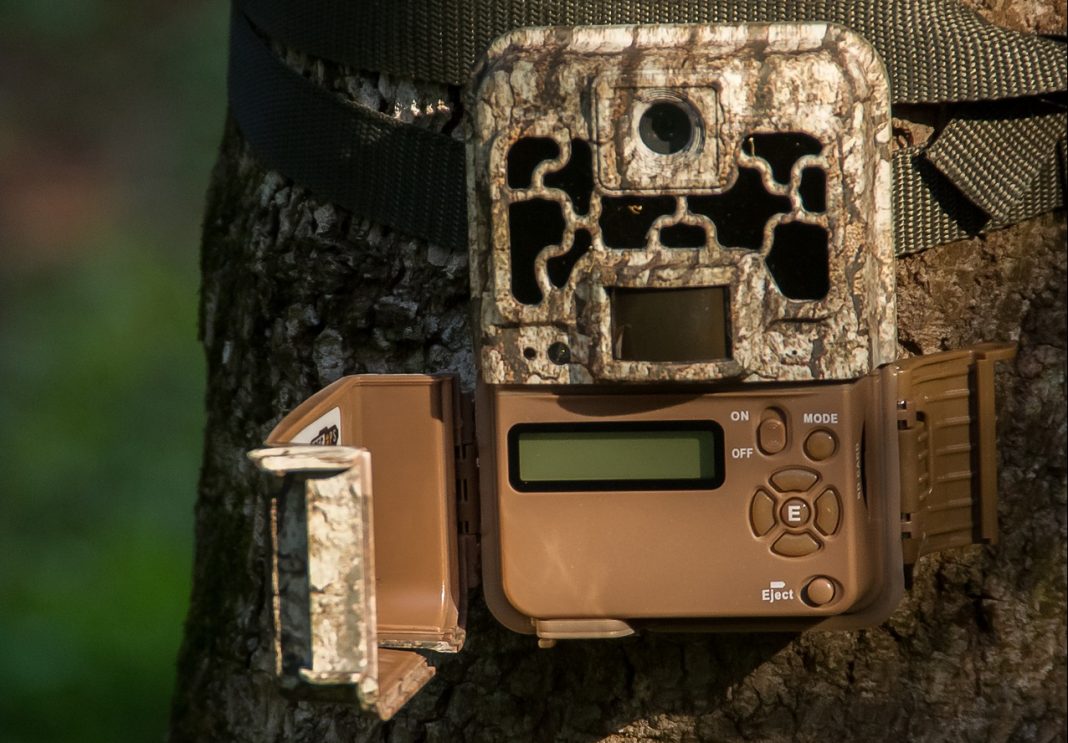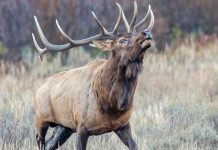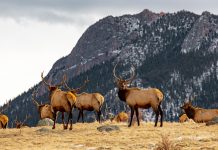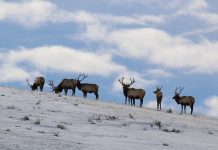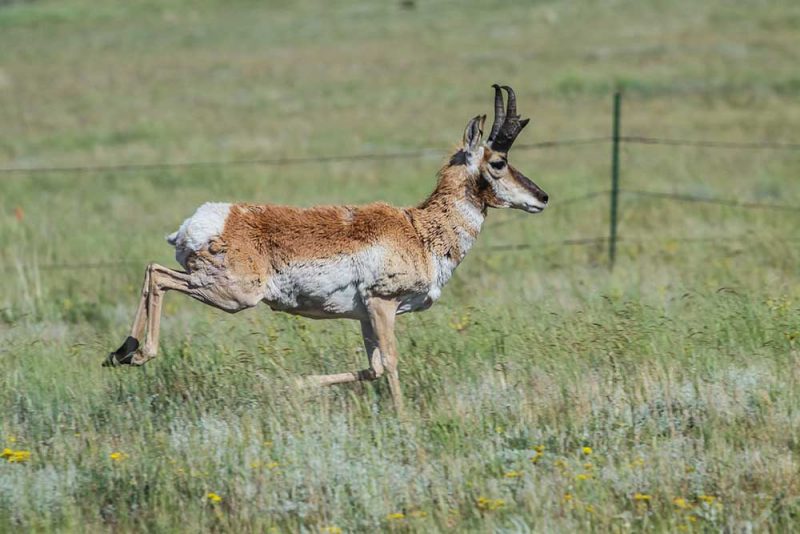On December 7, 2020, Arizona Game and Fish (AZGAF) voted unanimously (5-0) to open the proposed rule for public discussion for an all-out ban on the trail Cameras. The forum will be to hear arguments before the final ruling set for mid-March. The ruling of an all-out ban will be the first of its kind in western big game hunting, and many fear the ruling will sound off a chain reaction for anti-hunting legislation. However, this isn’t the first time the Trail Cam ban has come up in Arizona. In 2018 the Ban of Cellular – linked cameras was enacted and supported by many big game clubs such as Boone & Crockett and the Mule Deer Foundation. And again, in the summer of 2020, when the AZGAF voted to create a trail cam season banning trail cameras during the summer months, the motion failed.
Who’s Behind the Ban
The reason behind the December vote was due to strong backing from Arizona cattle growers. When the bill failed to pass three years ago, Commissioner Chairman Davis stated,
Water is pretty scarce in Arizona, so when you have a bunch of people placing trail cameras next to a water source that is for capturing an images it becomes a pressure issue around a critical source that wildlife and live stock depend on” -Commissioner Davis
Commissioner Davis also sits onboard at the Arizona Cattle Growers Association. Other anti-hunting groups argue that outfitters and camera owners should not use trail cameras to sell images of specific animals with GPS coordinates of where that animal travels that can be sold up to $10,000. Even hunting groups have spoken up about the use of technology.
This isn’t just about fair chase and animal disturbance, the spikes in cameras around public water holes were resulting in more conflicts among hunters. Furthermore, it doesn’t reflect well on hunters when we start to rely on all sorts of technological gadgets to have a successful hunt…the fact that we are even having this discussion should raise a red flag. At what point does technology affect the tradition of hunting?”- Boone and Crockett Club Marketing Director Keith Balfourd
Water scarcity is the main issue. Complaints filed to the AZGAF from ranchers say cattle have been observed avoiding watering holes containing multiple cameras on stakes. Another rancher submitted a photo to fish and game that contained over 60 cameras around one watering hole and counted over 300 cameras in his unit. Nevada Outfitters and Guides Association’s main complaint argued when you have a dozen or more cameras around a single water hole and people going in to check them regularly, it can really throw the animals off their normal routines and make them go nocturnal. They can’t get a drink when they want to. That’s not good for the animals or the hunters.
What’s At Stake
What will the future of Wildlife Management look like in Arizona? AZGAF believes pressure from pre-season hunting activity is responsible for stress to wildlife around state funded watering holes. Bringing undue pressure to the wildlife supported by those specific tanks therefore displacing wildlife and cattle. However, there has been no conclusive evidence that human involvement around those tanks has led to displacement.
By contrast, there is a firm argument that supports the use of trail cameras. Moultrie Game Camera reinforced trail cameras provide information to fish and game that otherwise would have been missed. When it comes to management and discovering mature animals, there is no better tool than trail cameras. Trail cameras also provide safety, discovery, and game exposure to remote areas. Any change to the current trail camera rule will not go into effect before January 1, 2022.
Note: Any change to the current trail camera rule will not go into effect before January 1, 2022.
No matter where you stand on this issue, the AZGAF would like to hear your comments. Also, there is an opportunity for the public to comment by mail or through email from January 1, 2021, through February 1, 2021:
Email: rulemaking@azgfd.gov or lphoenix@azgfd.gov.
U.S. Mail:
Arizona Game and Fish Department
Attn.: Celeste Cook, Rules and Policy Manager
5000 W. Carefree Hwy.
Phoenix, Arizona 85086
Telephone: Larry Phoenix, FOR3 Region Supervisor, (928) 263.8850
Arizona Game and Fish Commission proposal to amend rules and Information can be found at this link.


